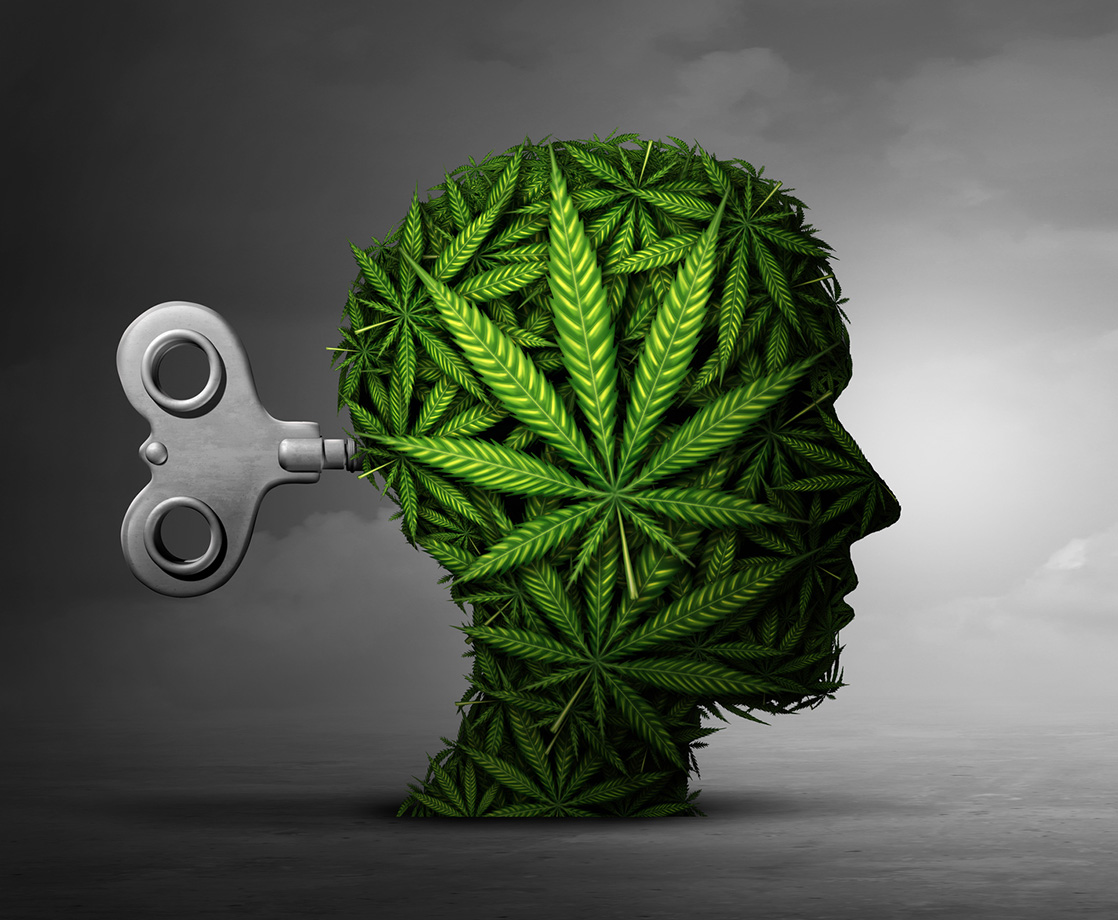A brain imaging study found that CBD counteracts THC’s effects in certain parts of the brain.
The study, published yesterday in the Journal of Psychopharmacology, is the first functional magnetic resonance imaging (fMRI) study to compare brains affected by THC and CBD.
According to the data, a THC-rich “skunk” strain — with no CBD — disrupted the brain’s default mode and salience networks. The default mode network regulates thoughts associated with distinguishing among the self, the environment, and other people; it also controls our sense of time and memory. The salience network regulates how the brain processes emotional and sensory stimuli to help the mind focus on certain things while ignoring others.
Another strain with roughly equal THC and CBD contents, on the other hand, showed less disruptions in the default mode and salience networks.
THC’s actions on the two networks may explain how and why weed smokers feel high or stoned. And CBD’s counteractive effects may explain why some people feel more chill on CBD-rich weed.
“We have now found that CBD appears to buffer the user against some of the acute effects of THC on the brain,” said one of the study’s authors, Dr. Matt Wall, in a press statement. “As cannabis is becoming legal in more parts of the world, people buying cannabis should be able to make an informed decision about their choice of cannabis strain and be aware of the relative risks.”
Past research shows that people with psychosis or drug addictions often exhibit abnormal behavior in the salience and default mode networks. Disruptions in the default mode network pop up in autistic individuals and dementia patients, too.
However, cannabis can treat the symptoms of dementia, and several states with medical cannabis list autism as a qualifying condition. So whether THC’s disruption of these neural networks actually causes brain damage remains undetermined.
Follow Randy Robinson on Twitter











